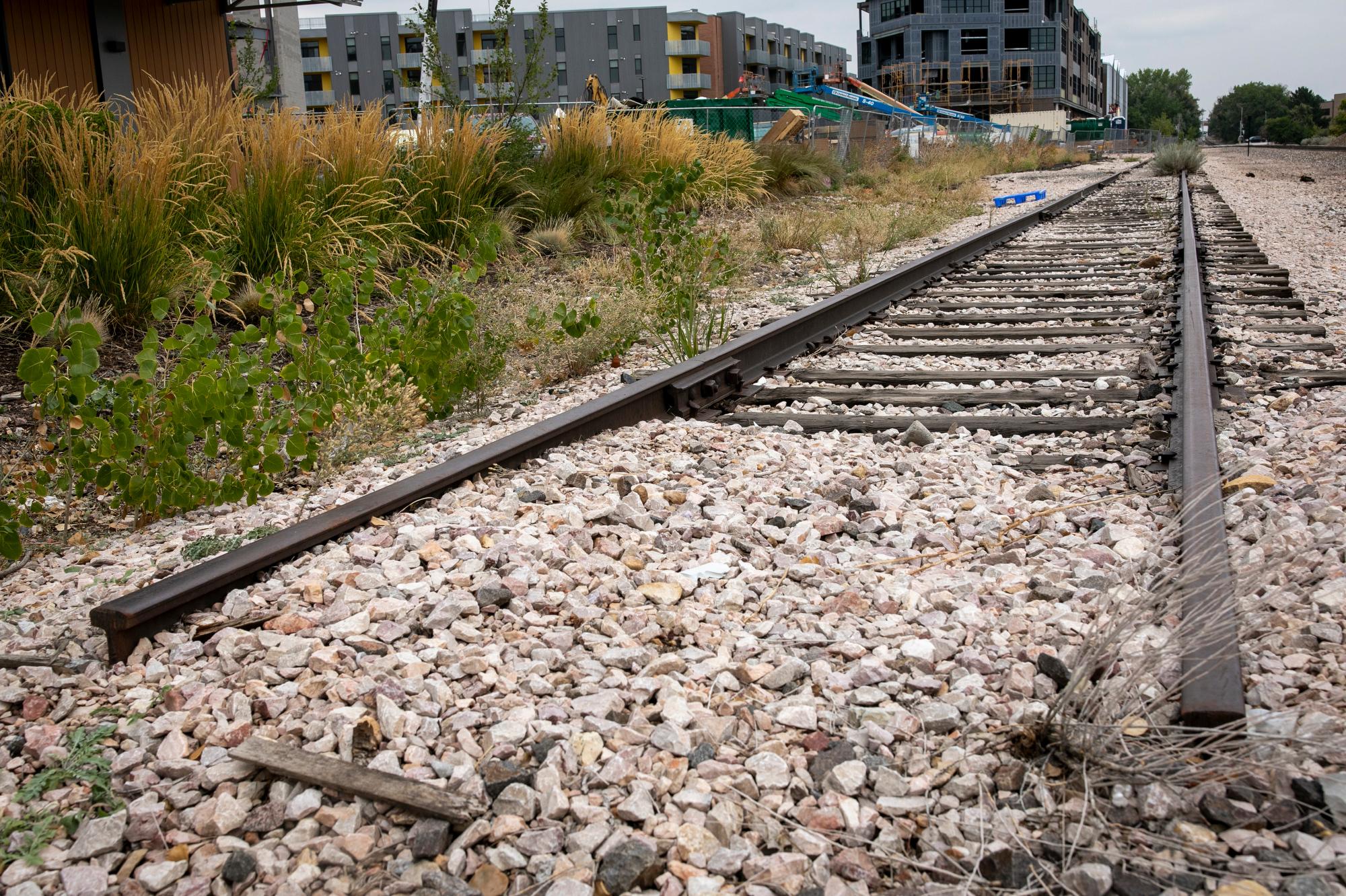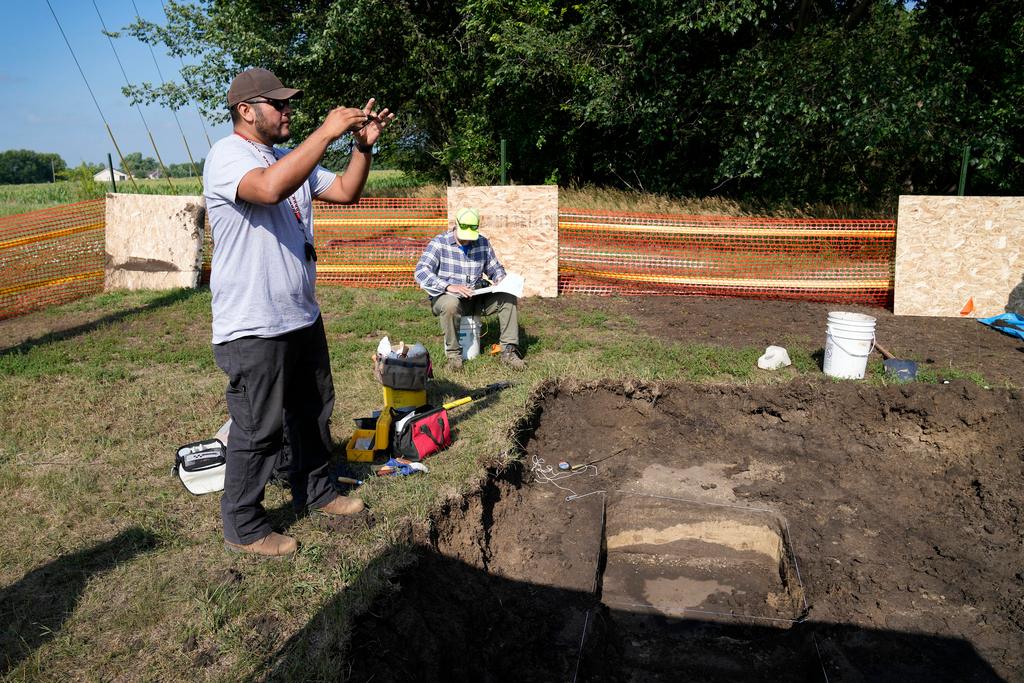
Gov. Jared Polis, a resident of Boulder, is “extremely concerned” by recent comments from the Regional Transportation District’s new top staffer questioning the wisdom of building a long-promised rail line from Denver to Boulder and Longmont.
A week earlier, RTD CEO and General Manager Debra Johnson told a Boulder transportation group, "While we're fixated on rail because it's sexy and everyone wants to ride the iron horse, we have to keep in mind what might be more viable.”
The line to Boulder and Longmont was promised in the 2004 voter-approved FasTracks expansion plan, but, with the exception of a short line between Union Station and Westminster, hasn’t yet been built because of higher-than-expected costs.
One turning point came in 2011 when BNSF Railway, which owns the rail line RTD plans to use, jacked up its asking price. What was originally estimated to cost about $565 million is now estimated to be at least $1.5 billion.
And so RTD prioritized other promised lines, including the A Line to Denver International Airport and the speedy Flatiron Flyer bus line between Denver and Boulder.
Despite that, Polis wrote in a letter to Johnson on Friday, RTD has a “statutory and ethical duty” to voters to complete the FasTracks plan.
“I am committed to ensuring that during my tenure as governor and beyond, that sacred promise with taxpayers is kept,” he wrote.
In response, Johnson said in a statement that, she is "keenly aware" of the commitment RTD made — and its lack of current funding.
"That being said, I am open to having an open and transparent dialogue with community partners on exploring ideas on serving our customers in the northwest area," Johnson said.
RTD, Polis On Rocky Ground
The governor’s letter is the latest salvo between his office and RTD. Last summer, he restated his desire for RTD to build the B Line. And in November he sent a sharply worded letter over a number of issues that left some RTD board members scratching their heads.
Polis’ administration included the B Line in its recent climate roadmap, which lays out how the state intends to reduce greenhouse gas emissions. Polis referenced an outdated ridership estimate for the B Line in his letter — 8,600-10,100 daily riders. RTD’s most recent estimate is about 4,100 riders per day, which has caused some transit advocates to say RTD should drop the project and pursue better bus service instead.
Polis encouraged Johnson to “immediately consider viable opportunities” to get the B Line, which was originally slated to open in 2017, operational by 2025. He also alluded to the approximately $200 million RTD recently received in federal stimulus as being a possible source of revenue.
RTD is using that money, so far, to bring back laid-off drivers and mechanics. And it will not be remotely enough for the $1.5 billion B Line.
In addition, construction and ongoing maintenance costs for the FasTracks lines RTD did open have contributed to a long-term budget crunch for the agency. RTD currently has about $120 million in a savings account set aside for future FasTracks costs, but it may have to use that for operations.
Still, RTD’s board of directors, to whom Johnson reports, recommitted in 2019 to finishing the FasTracks program. And many board members say they still support it, pushing for rush-hour only service to start with.
One possible salvation for RTD could come in the form of a proposed commuter rail line between Fort Collins and Pueblo. RTD is working with a state commission on that project, which has interest from Amtrak.
Polis’ letter did not mention RTD’s fiscal woes. Rather, it focused on RTD’s 2004 promise and subsequent duty to fulfill it.
“RTD was trusted in 2004 with additional taxpayer funds for the explicit purpose of building out FasTracks which included NW Rail,” Polis wrote. “Only the voters, who have paid into this system for 15 years, can modify the decision.”
Polis’ office also sent reporters supporting statements from local elected officials, including former Democratic state Rep. Jonathan Singer of Longmont.
“Now is not the time to pump the brakes on finishing Fastracks,” Singer said. “At every town hall I convened, we heard the anger and disappointment from Longmont constituents not getting what they paid for. There are new opportunities with the Biden Administration to finish what was promised to us 15 years ago. Let's put our heads together and make rail a reality.”









